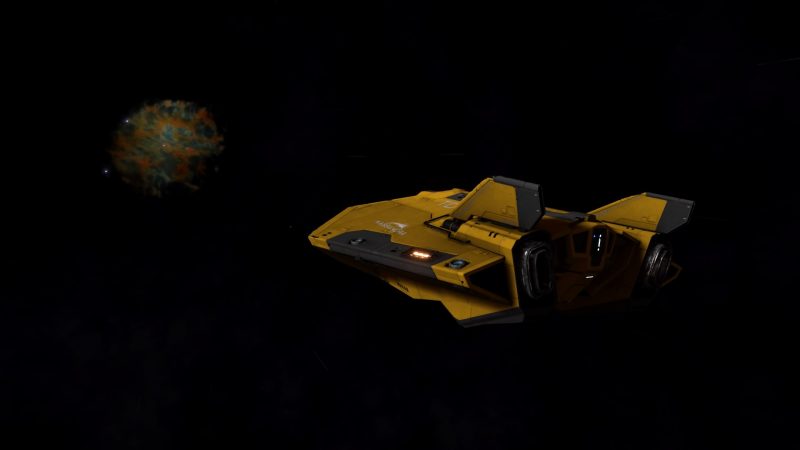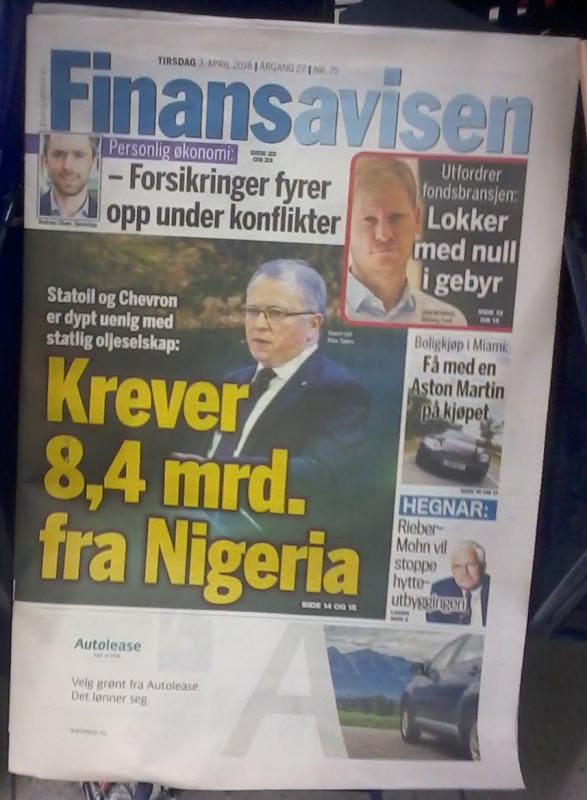Neulich stolperte ich ueber den Artikel „Political Regime Type and Warfare: Evidence from 600 Years of European History“ von Blank, Dincecco und Zhukov, 2017 (Link fuehrt zu SSRN).
Darin werden Daten gezeigt und analysiert, welche aufzeigen, dass historische, demokratisierende Prozesse zu mehr Krieg gefuehrt haben :( .
Schon in der Kurzzusammenfassung am Anfang las ich etwas, bei dem ich nur „SHIT!“ dachte:
[…] early parliamentary regimes fought in significantly more wars than absolutist monarchies […]. Such regimes, […] had a relatively large capacity to make war, but, unlike modern democracies, not enough institutional constraints to prevent it.
Die Hypothese der Autoren ist, dass
[…] the emergence of more representative and accountable institutions made warfare more affordable, and more likely to occur. To help finance warfare, monarchs exchanged (partial) political representation for new fiscal resources […]. As the fiscal and military strength of early parliamentary regimes grew, however, the institutional constraints on the ruler’s war-making ability did not appear to keep pace. As a result, pre-modern patterns of war participation were the opposite of what we might expect today: more representative and accountable governments went to war more frequently than did absolutist ones.
Haeh?
Although early parliamentary regimes were quite effective at raising new fiscal resources for war, they did not typically possess enough institutional constraints to reduce war’s frequency. Regardless of regime type, rulers in pre-modern Europe had strong incentives to seek glory and spoils through warfare.
Und auszerdem:
Furthermore, while elites in parliament may have controlled taxation, the decision to go to war typically remained in the ruler’s hands […] [this problem is labeled] “royal moral hazard in warfare.”
Nach der Analyse ihrer Daten kommen die Autoren also zu dem (bereits gespoilerten) Schluss, dass …
[…] early parliamentary regimes were significantly more belligerent than absolutist monarchies. Although parliamentary regimes were relatively uncommon before 1800, they fought in a disproportionately high share of armed conflicts.
Oder anders:
[…] the democratic peace – which has characterized interstate conflict behavior since the nineteenth century – is a departure, rather than a continuation, of previous historical trends.
Und warum schreibe ich das hier?
Ganz einfach … weil das irgendwie nicht so richtig in den Rahmen dessen passt, was ich sonst so diesbezueglich dachte.
Zum Abschluss sei noch das Folgende gesagt:
[…] early parliamentary regimes differed in important ways from modern democracies. […] [O]pen competition and contestation, the right to participate and vote in elections, and civil liberties […]. Pre-modern parliamentary regimes, however, generally lacked such democratic practices […]. […] [M]ature modern democracies can prevent the outbreak of wars in ways that early parliamentary regimes could not.
Die Menschheit lernt ueber die Jahre. Das beruhigt dann doch wieder :) . Schlimm nur, dass der Lernprozess so lange dauert und dass dabei so viele Menschen sterben.


